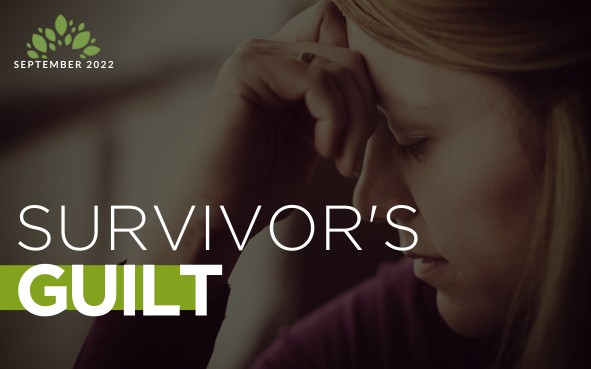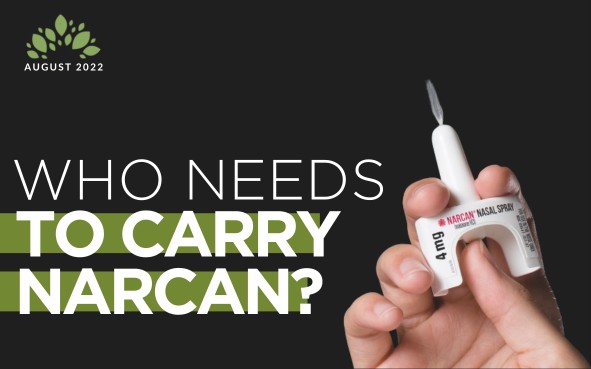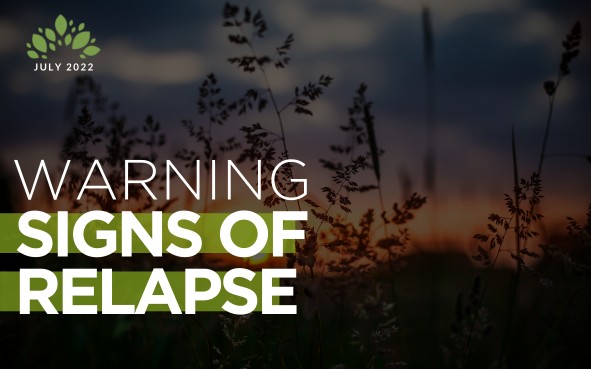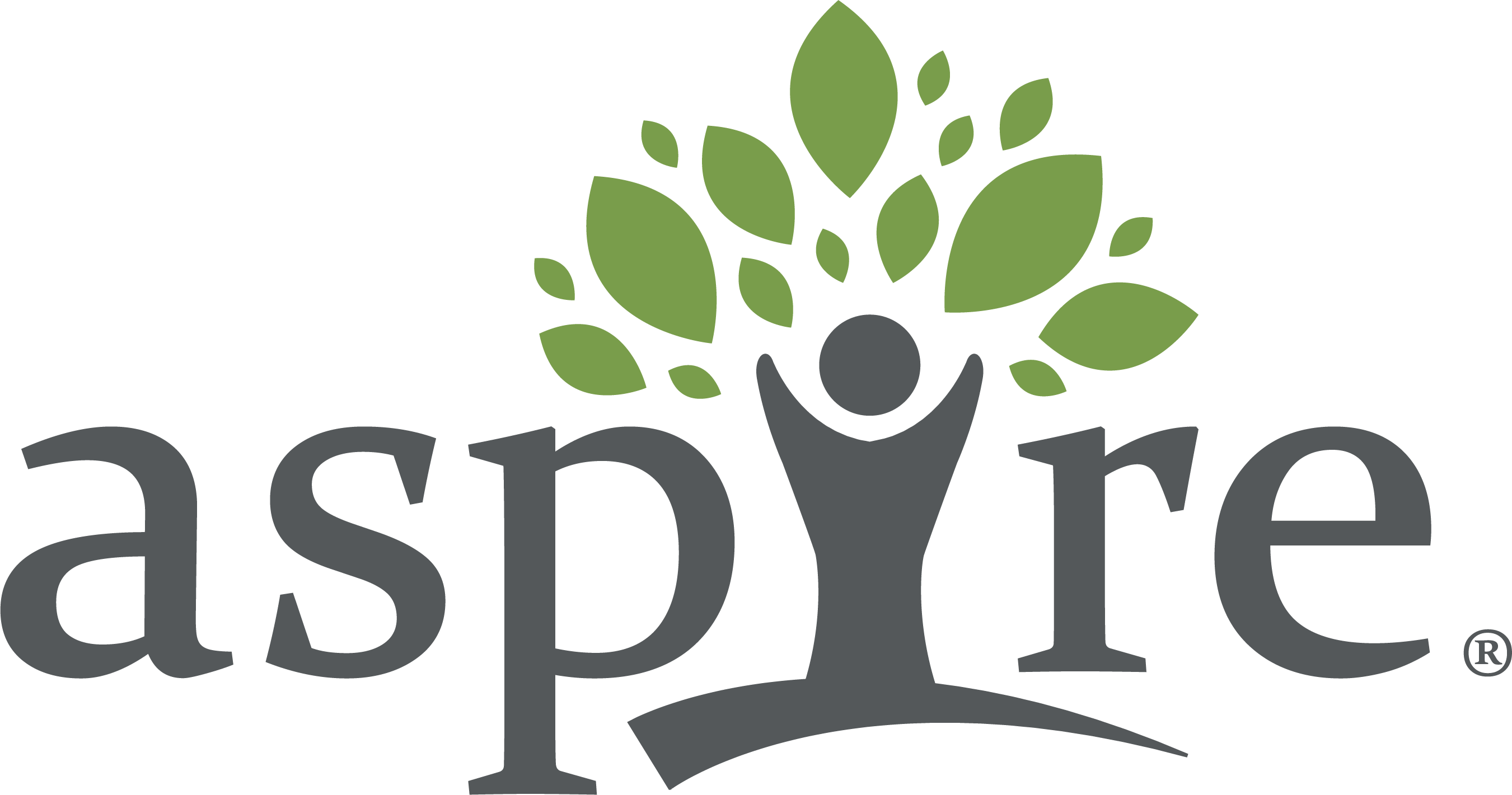
by Aspire | Oct 24, 2022 | Adults, Aspire, Behavioral Health
3 Ways to Accept Yourself, Your Life, and Your Reality Managing mental health challenges begins with acceptance. You must accept that you are dealing with a mental health condition to treat and overcome that condition. Many people attempt to ignore their mental health...

by Aspire | Sep 29, 2022 | Addiction and Substance Abuse, Adults, Aspire, Behavioral Health
The holidays can be a very happy time of year but can also be extremely stressful. Many look forward to the holiday socializing with friends and family, some whom they may not have seen in quite a while. However, for some, family dynamics can be challenging and bring...

by Aspire | Sep 22, 2022 | Addiction and Substance Abuse, Aspire, Behavioral Health
The Difference Between Aspire’s IOP and PHP Treatment Programs Aspire Counseling Services offers a variety of substance use treatment programs. Many people struggling with substance use issues will consider seeking treatment, yet they are hesitant because they worry...

by Aspire | Sep 9, 2022 | Addiction and Substance Abuse, Adolescents, Aspire, Behavioral Health
Coping with Survivor’s Guilt After a Drug-Related Overdose Currently, drug overdose is the leading cause of injury-related death in the United States according to the Centers for Disease Control, and even surpasses all other causes of death for ages 18 to 45. When...

by Aspire | Aug 24, 2022 | Addiction and Substance Abuse, Adults, Aspire, Behavioral Health
Who Needs to Carry Narcan? The news is full of stories about the number of people in our country dying from opioid overdoses. Drug overdoses are the leading cause of accidental death in the U.S., the most common from fentanyl and other synthetic opioids. Over 150...

by Aspire | Jul 28, 2022 | Addiction and Substance Abuse, Adults, Aspire, Behavioral Health
Warning Signs of Relapse While Aspire Counseling Services has lower rates of relapse than many other substance use treatment facilities, we realize that rates of relapse are significantly high, between 40%-60% according to the National institute of Health. Relapse is...







